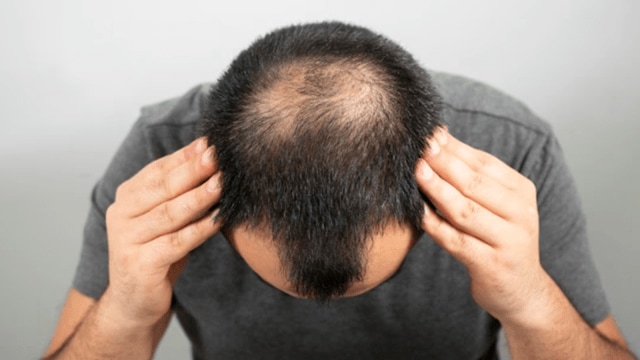Kanpur engineers die after botched hair transplant: What questions should you ask your dermatologist?
Hair transplants are totally safe if done by skilled and experienced medical practitioners in a well-equipped and clean environment
 Hair transplants are totally safe if done by skilled and experienced medical practitioners in a well-equipped and clean environment.
Hair transplants are totally safe if done by skilled and experienced medical practitioners in a well-equipped and clean environment.Written by Dr Chandani Jain Gupta
Two engineers in Kanpur have died after a botched hair transplant at a private dental clinic, which the police are investigating for employing untrained staff and attempting procedures they were not qualified for. This has raised anxieties about whether hair transplants are safe and an easy option for everybody.
Let me say that hair transplants are totally safe if done by skilled and experienced medical practitioners in a well-equipped and clean environment. The process entails relocating healthy hair follicles from a donor site, typically the back of the head, to thinning or balding areas. With precise extraction and minimal scarring, the outcomes have become more natural and enduring.
The right clinic and a qualified dermatologist or hair transplant specialist are most important. All pre- and post-operative instructions should be carefully followed by the patients, such as proper hygiene, avoiding alcohol or smoking, and adhering to prescribed medicines.
Expectations must also be realistic. Hair transplants enhance looks but are not guaranteed to completely restore the initial density of hair. Recovery is time-consuming, and hair growth generally begins three to four months after surgery.
What patients need to know
1) To begin with, they must go through an exhaustive medical screening to exclude any underlying disease like uncontrolled diabetes, heart condition or infection of the scalp that might predispose them to complications. Let your doctor know about blood thinners and medication that you might be on as they interfere with the healing process. You may have to stop these a week or more before the procedure.
2) Avoid alcohol consumption for 72 hours before the surgery. Avoid smoking for at least two weeks before the surgery.
3) Wash your hair with the shampoo prescribed by your surgeon the night before the procedure.
4) Wear buttoned up shirts or dresses the first few days to avoid brushing against the newly implanted grafts. Wear a cap for sun protection.
5) Post procedure, hydrate yourself, sleep on a tilted pillow for a week and apply cold packs at graft sites.
Five questions you should ask your dermatologist
1. Ask about the type of hair fall and does your overall physical condition make you a good candidate for transplant or not. All kinds of hair fall do not need a transplant. Besides, you must have those many healthy hair follicles.
2. What method will you perform and why? Find out the advantages and disadvantages of each method.
3. What will be the risks and complications? Ask your doctor to explain possible side effects such as infection, scarring, or graft failure.
4. What are realistic expectations for results? Know for sure how much hair growth, density and the time window within which noticeable results can be expected.
5. What is post-operative care and for how long will you be recovering?
Remember, every procedure is customised for every patient, ensuring success.
(Dr Gupta is Dermatologist & Aesthetic Physician, Elantis Healthcare, New Delhi)
Photos





- 01
- 02
- 03
- 04
- 05

























